
White Black Boy(2012)
Shida is the new kid in class in a private boarding school in Tanzania. He is shy, he has no self-esteem, he does not speak one word of English - the primary language in the school, and he suffers from albinism. Like most children with albinism in the country Shida was taken away from his parents to be protected from the witchcraft related killings. The film follows Shida during his first year at the new school where the rules are strict and tolerance low. He is trying his best to meet the demands. The school is a chance of an education and to escape a life on the bottom of society. With the help from his new friend Allan he is struggling to become better in school and to be accepted by the teachers and pupils.
Movie: White Black Boy

Sort Hvid Dreng
HomePage
Overview
Shida is the new kid in class in a private boarding school in Tanzania. He is shy, he has no self-esteem, he does not speak one word of English - the primary language in the school, and he suffers from albinism. Like most children with albinism in the country Shida was taken away from his parents to be protected from the witchcraft related killings. The film follows Shida during his first year at the new school where the rules are strict and tolerance low. He is trying his best to meet the demands. The school is a chance of an education and to escape a life on the bottom of society. With the help from his new friend Allan he is struggling to become better in school and to be accepted by the teachers and pupils.
Release Date
2012-11-01
Average
1
Rating:
0.5 startsTagline
Genres
Languages:
KiswahiliEnglishKeywords
Similar Movies
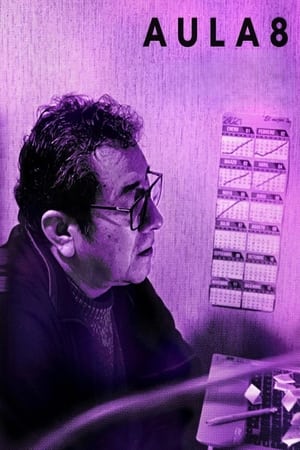 0.0
0.0Classroom 8(es)
From his modest apartment in Lima, a teacher gives virtual classes, seeking to reflect with his young students with low socio-economic backgrounds on racism, politics and inequality: issues that resonate in an increasingly fractured country.
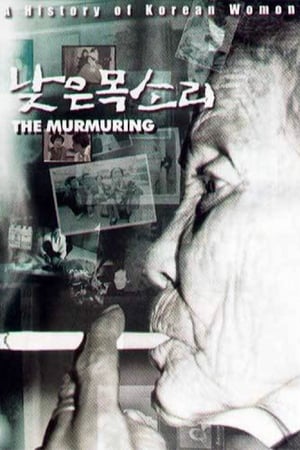 5.5
5.5The Murmuring(ko)
Every Wednesday at noon, women who were kidnapped for sexual purpose by the Japanese army during its imperialism and their supporters demonstrate against Japanese government to request official apology and indemnity for their crimes. This documentary portrays sexually abused old women's suppressed story of overcoming of their shame and forced silence.
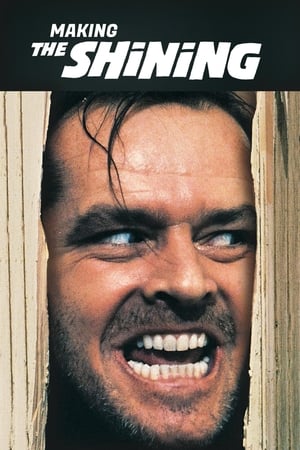 7.1
7.1Making 'The Shining'(en)
Directed and edited by Stanley Kubrick's daughter Vivian Kubrick, this film offers a look behind the scenes during the making of The Shining.
 7.5
7.5Control Room(ar)
A chronicle which provides a rare window into the international perception of the Iraq War, courtesy of Al Jazeera, the Arab world's most popular news outlet. Roundly criticized by Cabinet members and Pentagon officials for reporting with a pro-Iraqi bias, and strongly condemned for frequently airing civilian causalities as well as footage of American POWs, the station has revealed (and continues to show the world) everything about the Iraq War that the Bush administration did not want it to see.
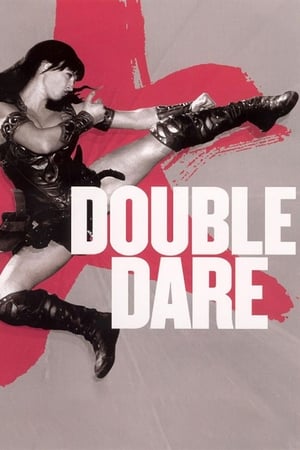 6.7
6.7Double Dare(en)
With being thrown off buildings an occupational hazard, professional stuntwomen Jeannie Epper and Zoë Bell (the alter egos of Wonder Woman and Xena, respectively) would seem well-equipped for any challenges Hollywood might dish out. But finding roles -- and respect -- in a male-dominated field can prove more harrowing than dodging punches.
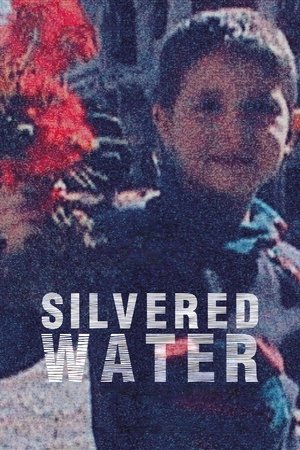 6.6
6.6Silvered Water(fr)
Shot by a reported “1,001 Syrians” according to the filmmakers, SILVERED WATER, SYRIA SELF-PORTRAIT impressionistically documents the destruction and atrocities of the civil war through a combination of eye-witness accounts shot on mobile phones and posted to the internet, and footage shot by Bedirxan during the siege of Homs. Bedirxan, an elementary school teacher in Homs, had contacted Mohammed online to ask him what he would film, if he was there. Mohammed, working in forced exile in Paris, is tormented by feelings of cowardice as he witnesses the horrors from afar, and the self-reflexive film also chronicles how he is haunted in his dreams by a Syrian boy once shot to death for snatching his camera on the street.
 6.1
6.1Maison du Bonheur(fr)
When asked to make a documentary about her friend’s mother—a Parisian astrologer named Juliane—the filmmaker sets off for Montmartre with a Bolex to craft a portrait of an infectiously exuberant personality and the pre-war apartment she’s called home for 50 years.
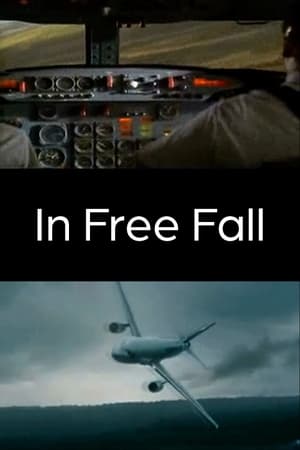 0.0
0.0In Free Fall(en)
The space of the junkyard allows various ‘crash’ narratives to unfold, with the stories of actual crashes and the remnants and afterlife of these machines becoming metaphors for economic decline. This is an investigation of planes as they are parked during the economic downturn, stored and recycled, revealing unexpected connections between economy, violence and spectacle, finding perfect example in the form of the Boeing 4X-JYI, an aircraft first acquired by film director Howard Hughes for TWA, which was subsequently flown by the Israeli Airforce before finding its way to the Californian desert to be blown up for the Hollywood blockbuster Speed. Through intertwined narratives of people, planes and places Steyerl reveals cycles of capitalism incorporating and adapting to the changing status of the commodity, but also points at a horizon beyond this endless repetition.
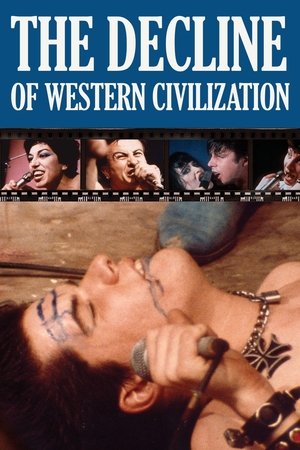 7.2
7.2The Decline of Western Civilization(en)
The Los Angeles punk music scene circa 1980 is the focus of this film. With Alice Bag Band, Black Flag, Catholic Discipline, Circle Jerks, Fear, Germs, and X.
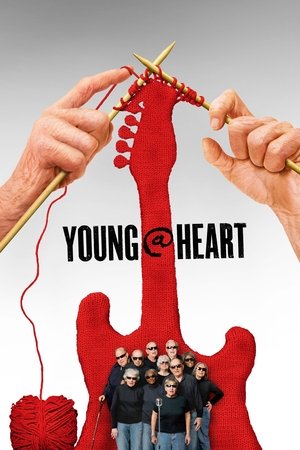 7.3
7.3Young At Heart(en)
Documents the true story of the final weeks of rehearsal for the Young at Heart Chorus in Northampton, MA, and many of whom must overcome health adversities to participate. Their music goes against the stereotype of their age group. Although they have toured Europe and sang for royalty, this account focuses on preparing new songs for a concert in their hometown.
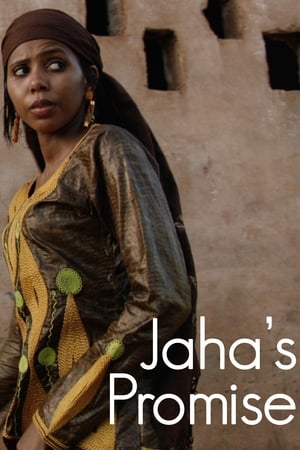 7.8
7.8Jaha's Promise(en)
A documentary about the life and activism of Jaha Dukureh, a Gambian anti-female genital mutilation campaigner who returns to her country of birth to confront the harmful tradition that she and 200 million women and girls have undergone globally.
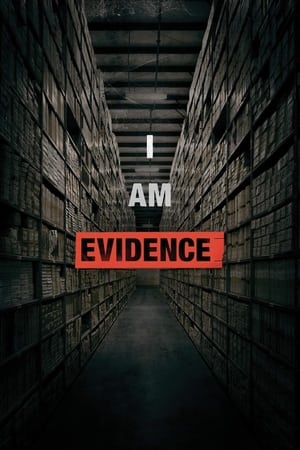 6.4
6.4I Am Evidence(en)
The modern criminal justice system is hindered by the fact that countless rape kits remain untested in police evidence storage facilities across the United States. Only eight states currently have laws requiring mandatory testing of rape kits.
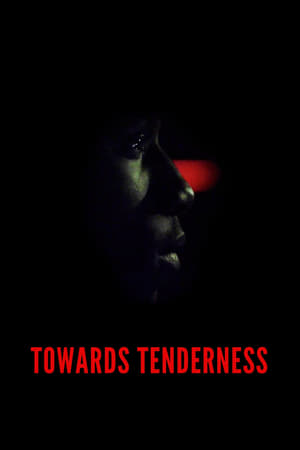 6.6
6.6Towards Tenderness(fr)
A documentary film that explores male feelings about sex and romantic relationships set against the banlieues of France.
 10.0
10.0There is No Death For Me(ru)
It is a documentary story about five legends of russian cinema: Nonna Mordyukova, Tatyana Okunevskaya, Tatyana Samoylova, Lidiya Smirnova and Vera Vasileva. These wonderful women tell about their lifes and careers in hour interview.
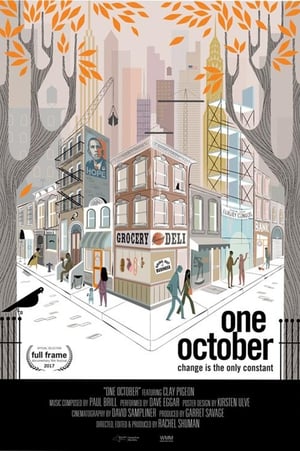 6.3
6.3One October(en)
Reporter Clay Pigeon interviews New Yorkers in October, 2008.
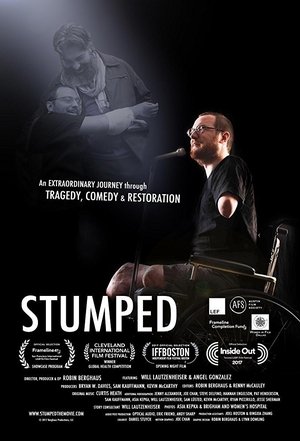 0.0
0.0Stumped(en)
When filmmaker Will Lautzenheiser's limbs are amputated, his life is derailed and he turns to stand-up comedy as therapy. Meanwhile, a world-famous medical team is performing transplants that restore bodies to unprecedented levels. Despite grave risks, Will agrees to undergo an experimental double-arm transplant in the hope of reclaiming his independence.
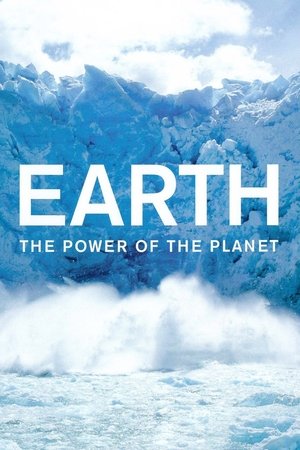 8.0
8.0Earth: The Power of the Planet(en)
Dr Iain Stewart tells the story of how Earth works and how, over the course of 4.6 billion years, it came to be the remarkable place it is today.
 7.5
7.5The Future of Food(en)
Before compiling your next grocery list, you might want to watch filmmaker Deborah Koons Garcia's eye-opening documentary, which sheds light on a shadowy relationship between agriculture, big business and government. By examining the effects of biotechnology on the nation's smallest farmers, the film reveals the unappetizing truth about genetically modified foods: You could unknowingly be serving them for dinner.
 6.2
6.2Genesis(en)
An African narrator tells the story of earth history, the birth of the universe and evolution of life. Beautiful imagery makes this movie documentary complete.
